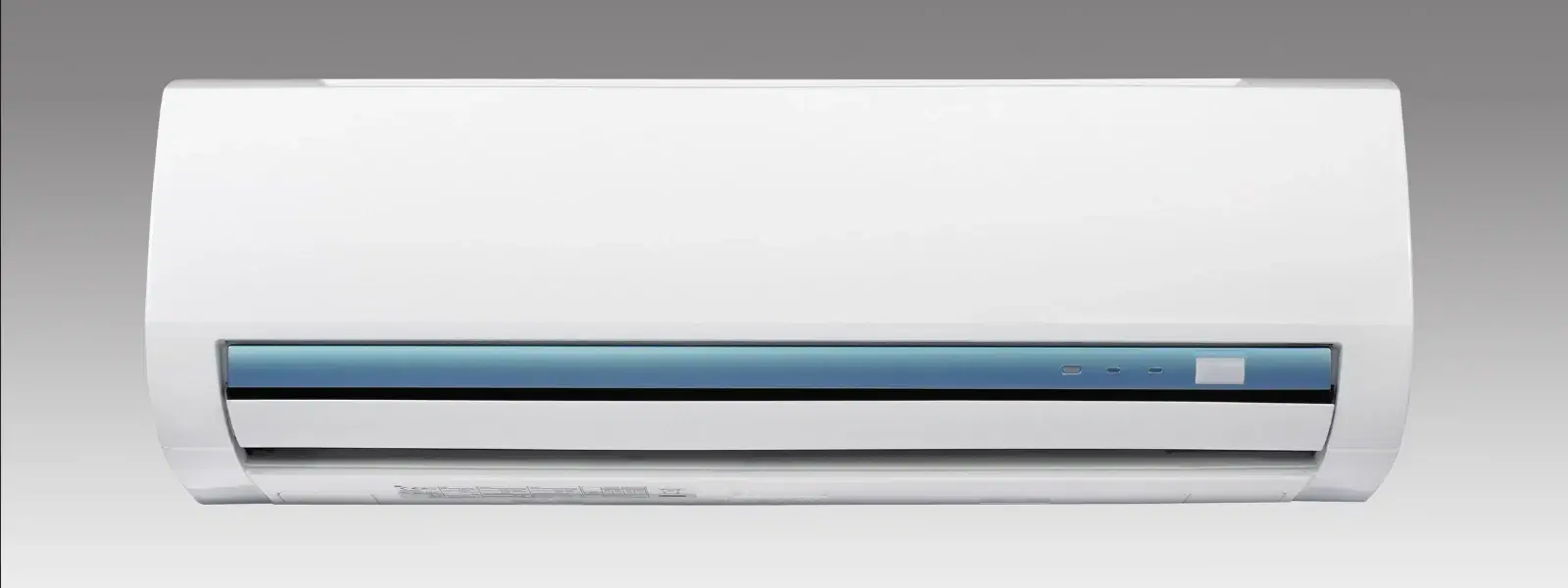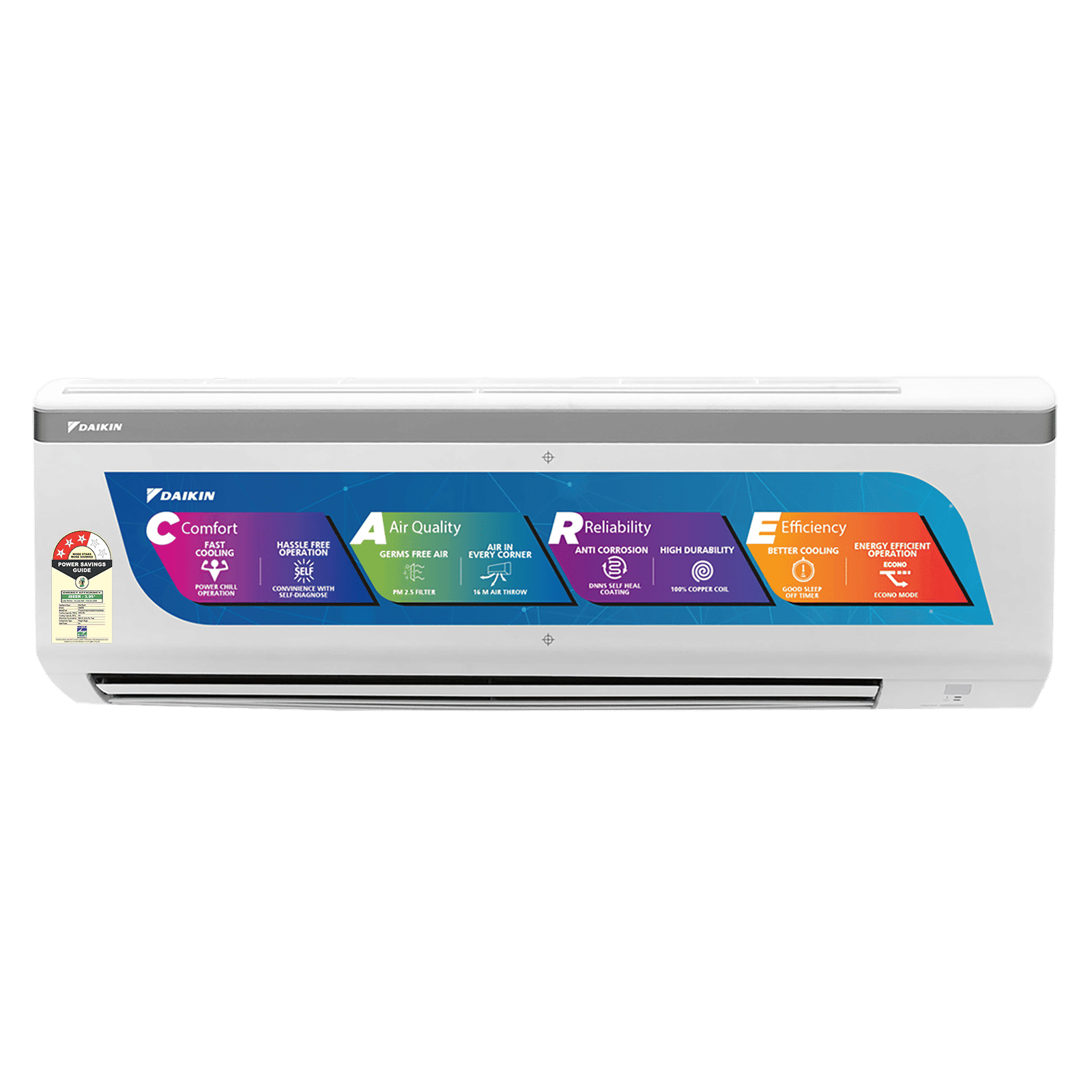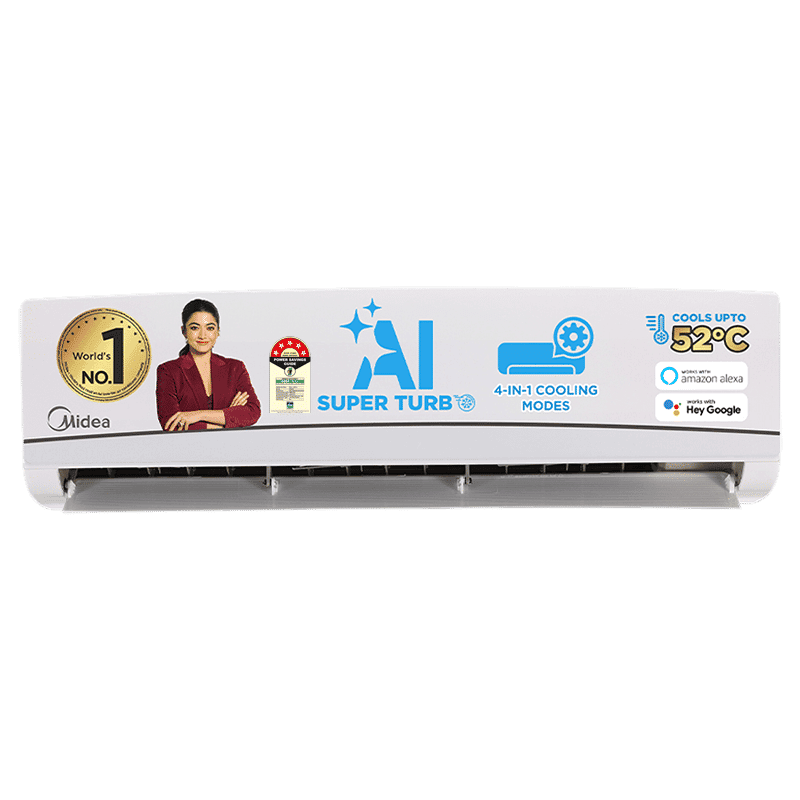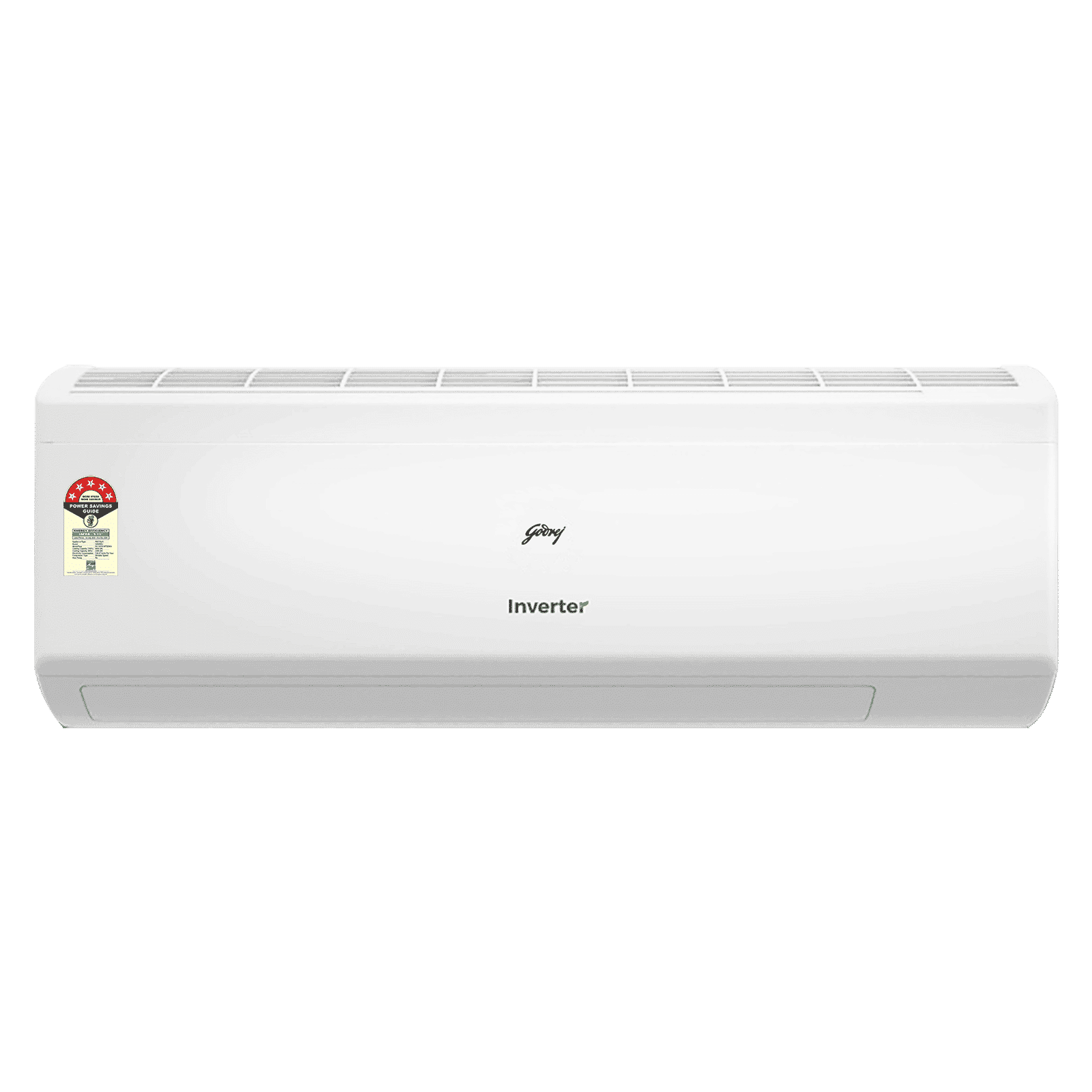
Home Appliances
•04 min read

Buy Daikin Standard Series 1.5 Ton 3 Star Split AC (Copper Condenser, PM 2.5 Filter, FTL50UV) online at best prices from Croma. Check product details, reviews & more. Shop now!
Did you know that upgrading to an energy-efficient air conditioner can reduce your cooling costs by up to 50%? As temperatures rise, making smart choices for home cooling becomes not just a matter of comfort but also of financial and environmental responsibility. This blog post explores frequently asked questions about air conditioners energy efficient, diving into how they help reduce energy consumption, lower electricity bills, and contribute to an eco-friendly lifestyle. Read on to understand the benefits and features, and learn how to choose the best option to suit your needs.
Energy-efficient air conditioners typically use advanced technology and optimise power usage so that they deliver superior cooling with less energy. One key hallmark includes meeting or exceeding ENERGY STAR standards and high air conditioner energy ratings, ensuring that the system is not just cost-effective but also minimises environmental impact. These units offer several benefits such as lower energy bills, reduced carbon footprints, and enhanced performance by operating more efficiently than traditional models.
When it comes to selecting an energy-saving air conditioner, there are several types to consider. Window air conditioners are ideal for compact spaces, offering efficiency and ease of installation. Central air conditioners provide a more integrated approach for whole-home cooling, while portable air conditioners bring versatility as they can be moved to wherever you need cooling most. Mini-split systems stand out for zoned cooling without the need for ductwork, making them a popular choice for those seeking efficient home air conditioning solutions.
One major aspect when evaluating these systems is the Seasonal Energy Efficiency Ratio (SEER) and Energy Efficiency Ratio (EER). Higher ratings indicate that a unit is more power-efficient. Additionally, look for ENERGY STAR-certified units to ensure you're investing in sustainable cooling appliances that have been rigorously tested for performance and efficiency.
When making your selection, consider the size of the room and the appropriate BTU rating to ensure optimal cooling. Features like inverter technology, smart controls, and eco-friendly refrigerants add to the list of must-haves. Balancing long-term savings with the upfront cost is essential, as units with these advanced features eventually pay off with lower electricity bills and reduced environmental impact. These air conditioners energy efficient are truly a boon for families and young professionals seeking a power-efficient AC units that deliver great performance without overshooting budgets.

Buy Midea Santis Pro Royal 4 in 1 Convertible 1.5 Ton 5 Star Inverter Split Smart AC with Auto Cleanser (2024 Model, Copper Condenser, MAI18SR5R34W0) online at best prices from Croma. Check product details, reviews & more. Shop now!
Many modern systems include power-saving modes such as 'Sleep Mode' and 'Eco Mode'. These settings work by optimising the cooling output relative to ambient temperatures, allowing for efficient temperature regulation while keeping energy consumption to a minimum. As a result, users enjoy a consistent indoor climate that maximises comfort during even the hottest days.
Today's air conditioners are increasingly integrated with smart technology. Wi-Fi connectivity and remote control features enable energy tracking, and many units are compatible with popular smart home systems. This not only simplifies operation but also supports energy-saving air conditioners by allowing seamless control and more accurate energy usage monitoring, which is especially valuable during peak usage times.
Advancements in air conditioner design have significantly reduced operational noise. This quiet operation, combined with efficient cooling technology, results in stable temperature maintenance without unnecessary power surges. Whether you're working from home or seeking comfort during a restful night's sleep, these systems ensure you experience minimal disturbance.
Did You Know?
Switching to an ENERGY STAR-certified air conditioner can save you over Rs.100 annually on energy costs while reducing greenhouse gas emissions by thousands of pounds over its lifespan.
One of the most appealing aspects of air conditioners energy efficient is the promise of lower operating costs. Compared to traditional models, these systems typically run on less power, which translates into noteworthy savings on your monthly electricity bills. With thoughtful design and the use of inverter technology, these units deliver enhanced performance while remaining cost-effective in the long run.
Adopting eco-friendly cooling systems not only benefits your household finances but also plays a crucial role in reducing your carbon footprint. Many energy-saving air conditioners use refrigerants that are less harmful to the environment, making them a sustainable choice for green home cooling solutions. By selecting such systems, you contribute to a healthier planet while enjoying modern conveniences.
Despite their impressive energy efficiency, these appliances do not compromise on performance. With innovations like smart technology integration and power-saving modes, they offer consistent cooling even during peak summer heat. Efficient home air conditioning solutions ensure that your indoor environment remains comfortable, providing enhanced climate control without the excess power draw.

Buy Godrej I Series 5 in 1 Convertible 1.5 Ton 5 Star Inverter Split AC with Anti Dust Filter (2024 Model, Copper Condenser, SIC 18ITC5-WYS) online at best prices from Croma. Check product details, reviews & more. Shop now!
The most energy-efficient models are those featuring high SEER and EER ratings, particularly mini-split systems and central air conditioners equipped with inverter technology.
The best choices are ENERGY STAR-certified units that come with smart features and eco-friendly refrigerants, as these are designed to be cost-effective and performance-driven.
Eco Mode or Sleep Mode typically offers the best energy efficiency, optimising power usage while keeping your space comfortably cool.
Units with inverter technology and high SEER ratings are commonly recommended, as they significantly lower energy consumption, directly impacting your monthly electricity costs.
For small rooms, a window air conditioner or a portable unit with a BTU rating adjusted to the space – usually between 5,000 and 8,000 BTUs – is considered the most energy-efficient option.
In summary, choosing air conditioners energy efficient is a smart investment for both your wallet and the environment. Beyond lower energy bills and reduced environmental impact, these systems offer advanced features such as smart controls, quiet operation, and tailored cooling performance, ensuring a comfortable living space throughout the year. By understanding the different types, energy ratings, and key features, you are better equipped to make an informed decision on the best unit for your home. Remember, effective cooling without excessive power usage is not just a luxury – it's a step towards sustainable living, and an opportunity to shop smartly while enjoying the benefits of sustainable appliances on platforms known for trusted after-sales support and fast Express Delivery.